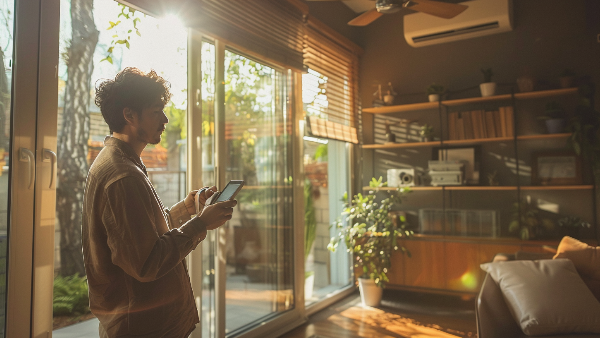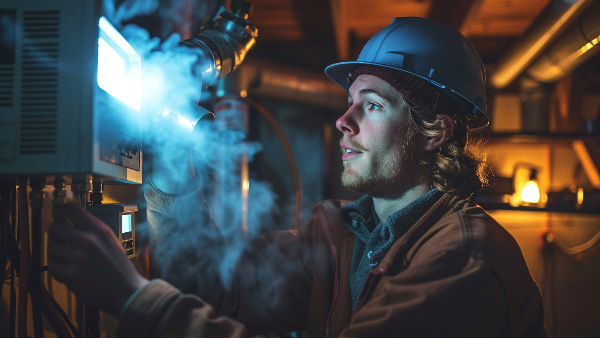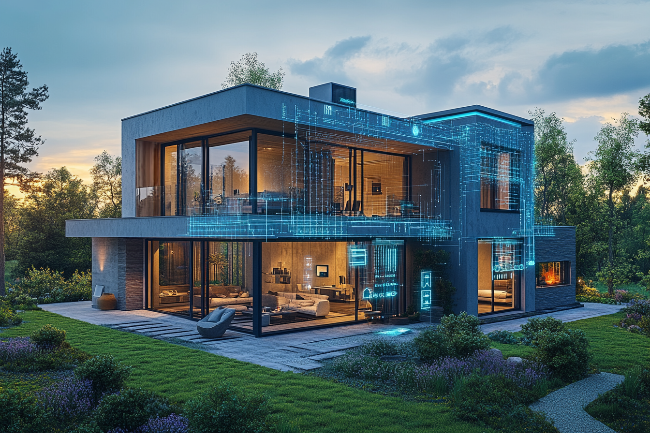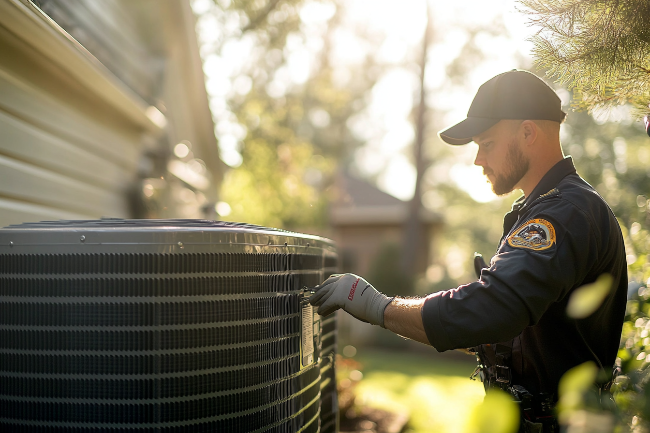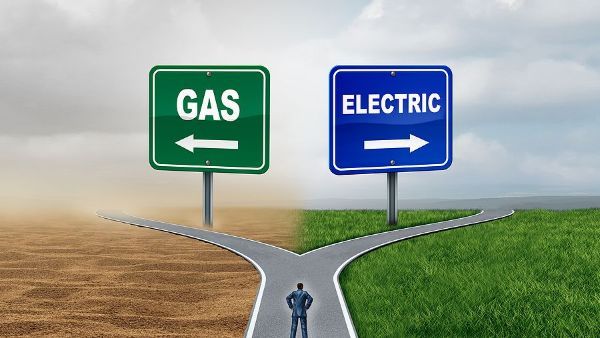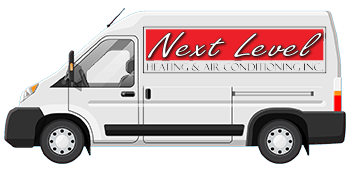Maximize HVAC Efficiency and Cut Energy Costs with These Simple Tips
Simple HVAC Tips to Cut Energy Bills and Boost Comfort
An HVAC system plays a crucial role in maintaining a comfortable indoor environment year-round, but inefficiency can lead to higher energy bills and frequent repairs. Fortunately, with a few simple adjustments, system performance can be enhanced, its lifespan extended, and energy costs reduced. Below are practical ways to keep an HVAC system running at peak efficiency.
Change Air Filters Regularly
One of the simplest and most effective ways to improve HVAC efficiency is to replace air filters regularly. Over time, dust, pet dander, and debris clog the filters, restricting airflow and forcing the system to work harder. Standard filters should be changed every one to three months, but in households with pets or allergy sufferers, replacing them monthly is best. High-efficiency HEPA filters can last between six and twelve months. Checking filters monthly and replacing them when necessary helps maintain proper airflow, reducing strain and improving indoor air quality.
Schedule Regular HVAC Maintenance
Just like a car, an HVAC system requires routine maintenance to operate efficiently. Professional inspections can identify and resolve small issues before they turn into costly repairs. Regular maintenance ensures peak performance throughout the year, reduces the risk of unexpected breakdowns, helps maintain energy efficiency, and extends the lifespan of the system. Most HVAC professionals recommend servicing the system at least twice a year—once before summer and once before winter—to keep it running smoothly.
Optimize Thermostat Settings
A thermostat plays a key role in HVAC efficiency. If settings are too high or too low, the system may work harder than necessary, leading to increased energy consumption. Setting a thermostat to 78°F in summer and 68°F in winter helps optimize savings. A programmable or smart thermostat allows automatic temperature adjustments when the home is unoccupied, preventing unnecessary energy use. Zoned heating and cooling are also beneficial, ensuring that only the necessary areas of a home are being conditioned, which prevents overuse and reduces strain on the system.
Improve Home Insulation and Sealing
A well-insulated and sealed home keeps conditioned air inside, reducing the strain on an HVAC system. Poor insulation and air leaks force the unit to work harder to maintain comfortable temperatures. Adding weatherstripping to doors and windows, sealing air leaks around ducts, windows, and outlets, and insulating attics, basements, and crawl spaces can significantly improve a home's energy efficiency. When less air escapes, an HVAC system runs more efficiently, leading to lower energy costs.
Use Ceiling Fans to Improve Air Circulation
Ceiling fans can help distribute heated or cooled air more effectively, reducing the burden on an HVAC system. In summer, setting a fan to rotate counterclockwise creates a cooling breeze, while reversing the direction clockwise in winter helps push warm air down. Turning off fans when leaving a room prevents unnecessary energy consumption. Pairing ceiling fans with an HVAC system helps maintain a comfortable temperature without overworking the unit.
Keep Vents and Ducts Clean and Unblocked
Blocked or dirty vents and ducts can restrict airflow, forcing an HVAC system to work harder than necessary. Ensuring clear pathways for air distribution improves efficiency and indoor air quality. Vacuuming vents and registers regularly helps remove dust buildup, while ensuring that furniture or rugs are not blocking air vents allows for proper airflow. Professional duct cleaning every three to five years can further eliminate debris and allergens that accumulate over time, making the system operate more effectively.
Upgrade to an Energy-Efficient HVAC System
If an HVAC system is more than ten to fifteen years old, it may be time to consider an upgrade. Modern, energy-efficient models use less energy while providing better comfort and performance. A new HVAC system can lower energy bills due to improved efficiency, provide better temperature control with advanced technology, and operate in a more eco-friendly manner, reducing the household carbon footprint.
Increase Efficiency and Reduce Costs
Making small adjustments to improve HVAC efficiency can lead to significant energy savings and a more comfortable indoor environment. Whether it involves changing filters, upgrading insulation, or investing in a smart thermostat, each action contributes to a system that works smarter, not harder. Contact us to see how to further optimize performance, reduce costs, and extend the life of an HVAC system.

